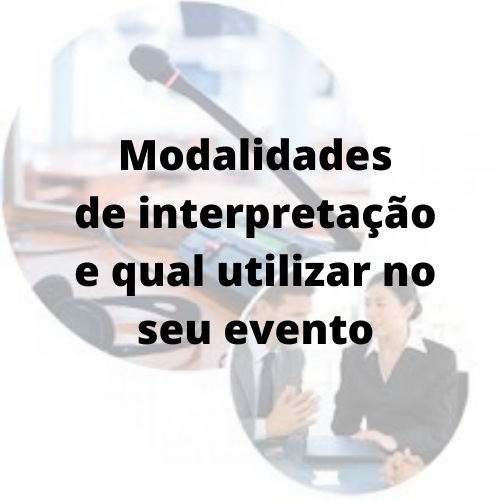Three top Diptrans exam preparation tips
I have recently received news I have now passed all my Diptrans exams. My results have been as follows:
Unit 1 (General Translation): Merit
Unit 2 (Literature): Merit
Unit 3 (Law): Pass
When preparing for the exam, the first thing I wanted to do was find the best way to approach it. I decided to read the examiners’ comments and come up with a strategy. I realised the most frequent issues reported were grammar/punctuation mistakes, incorrect translations, insertions/omissions. So here’s what I decided I needed:
Feedback from an experienced peer
This is essential. Getting an experienced translator to proofread my work was one of the most helpful things. A seasoned peer, especially one specialised in proofreading/post-editing will often have an eye for what is wrong, and will easily show you what mistakes you are making. But most important of all, one such person will be able to show you in what ways your text looks like a translation. Yes, you’ve read that right. Reading a high-quality translation should flow in the same way as a text written in the target language. I, for instance, found out my brain would occasionally get “tricked into” using the English syntax when translating (especially with passive voice). While that is not necessarily a fail, it will certainly not award you more than a pass and, combined with other small issues, it can get you to the dreaded resit issue.
Things that really help when getting feedback from an experienced translator:
ask them to mark the translation and provide one or more options when correcting what is wrong if they can think of more than one.
get them to also add extra options on how they would translate chunks of the text themselves. I did that and built a small glossary with different ways I’d have for translating the same thing just so I’d avoid repetitions.
ask them to show you in what ways your flow of translation can improve so as to avoid having your text flow like a translation.
be humble and accept you need to and can improve.
You won’t need to tell them to be pedantic because experienced translators are pedantic by nature. (Kidding!)
Feedback from a monolingual tutor of the language I was translating into
This is a great plus. I got help from a seasoned Portuguese teacher who specialises in exam preparation. She was monolingual and only helped me work on my Portuguese writing skills. The way I would go about it is I’d write my pieces and send to her for correction. This was so that I could work particularly on grammar, spelling, punctuation, etc… Here’s what we did:
She’d show me the same issues the translator did sometimes, only with more of a teacher’s outlook. She was very good pedagogically, something an experienced translator won’t necessarily be.
She’d assign homework that was useful and helped me deal with inaccuracies in my writing.
Most important of all, she’d read my translations and would also be able to provide me feedback from a monolingual point of view. I’d ask her to feed me back on things that weren't necessarily wrong, but felt a bit off for a Portuguese reader.
She fed me ideas on different ways I could have said things as well.
Practicing independently
Getting experienced professionals and tutors to help us might turn out to be costly. Also, if you’re very busy, it might be difficult to get their availability and yours to match. A very good way to practice independently is by getting content that already exists online in both languages. Here’s a few things you can do:
You can get short stories that have already been translated into your target language and try having a go at translating them yourself and then comparing with the official one (remember to NOT read the official one first). This helped me a lot with my proofreading skills as I’d see what words I’d missed, things I’d translate incorrectly, got other ideas on how to make the text flow naturally, etc…
I would go on BBC, for instance, find a news story and then the version published in my first language. Websites like the Financial Times and BBC News will often have a version in other countries as well.
For technical legal translations I used EU content. You can too if your language is listed there. You will find everything in both languages, and it will all have been translated by professionals.
And remember: you are the captain of this ship.
Your self-confidence is the most important tool and main thing to take to the exam with you.
Best of luck!









